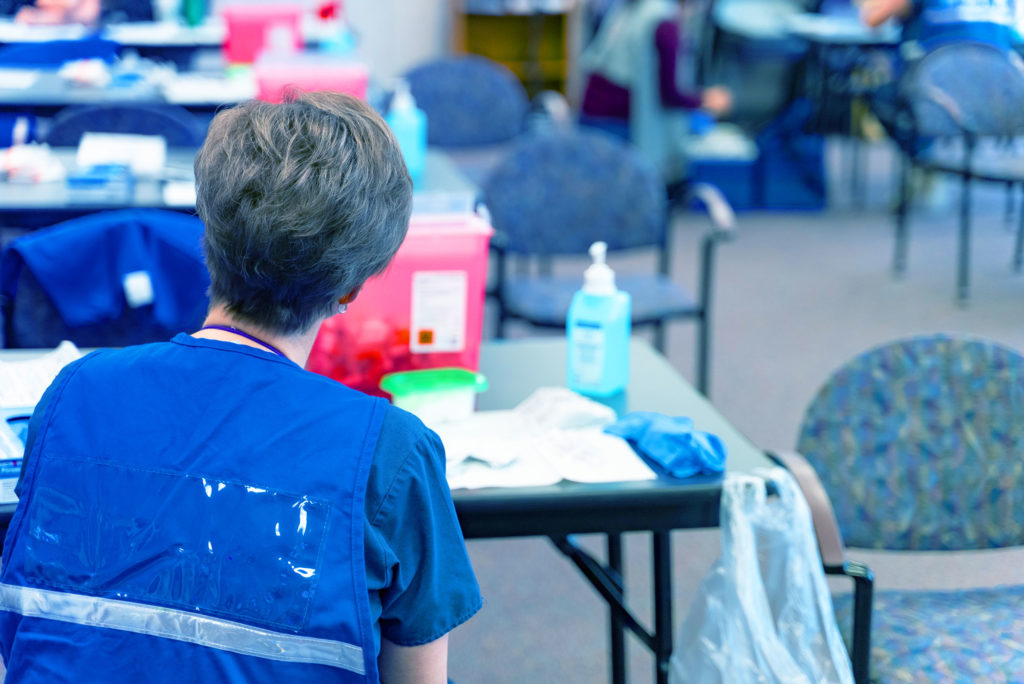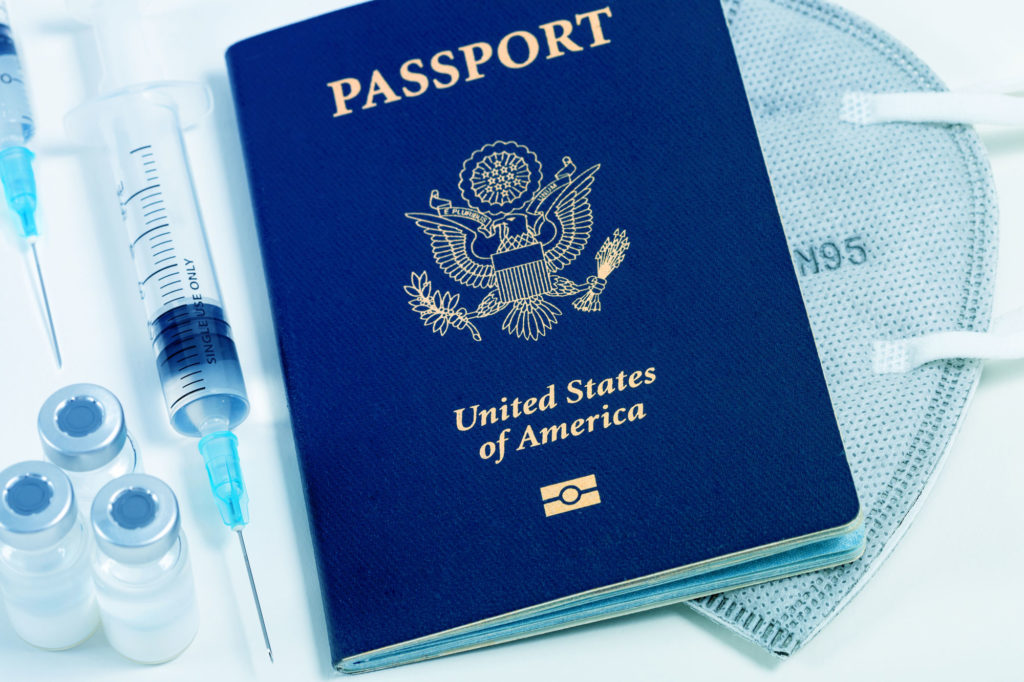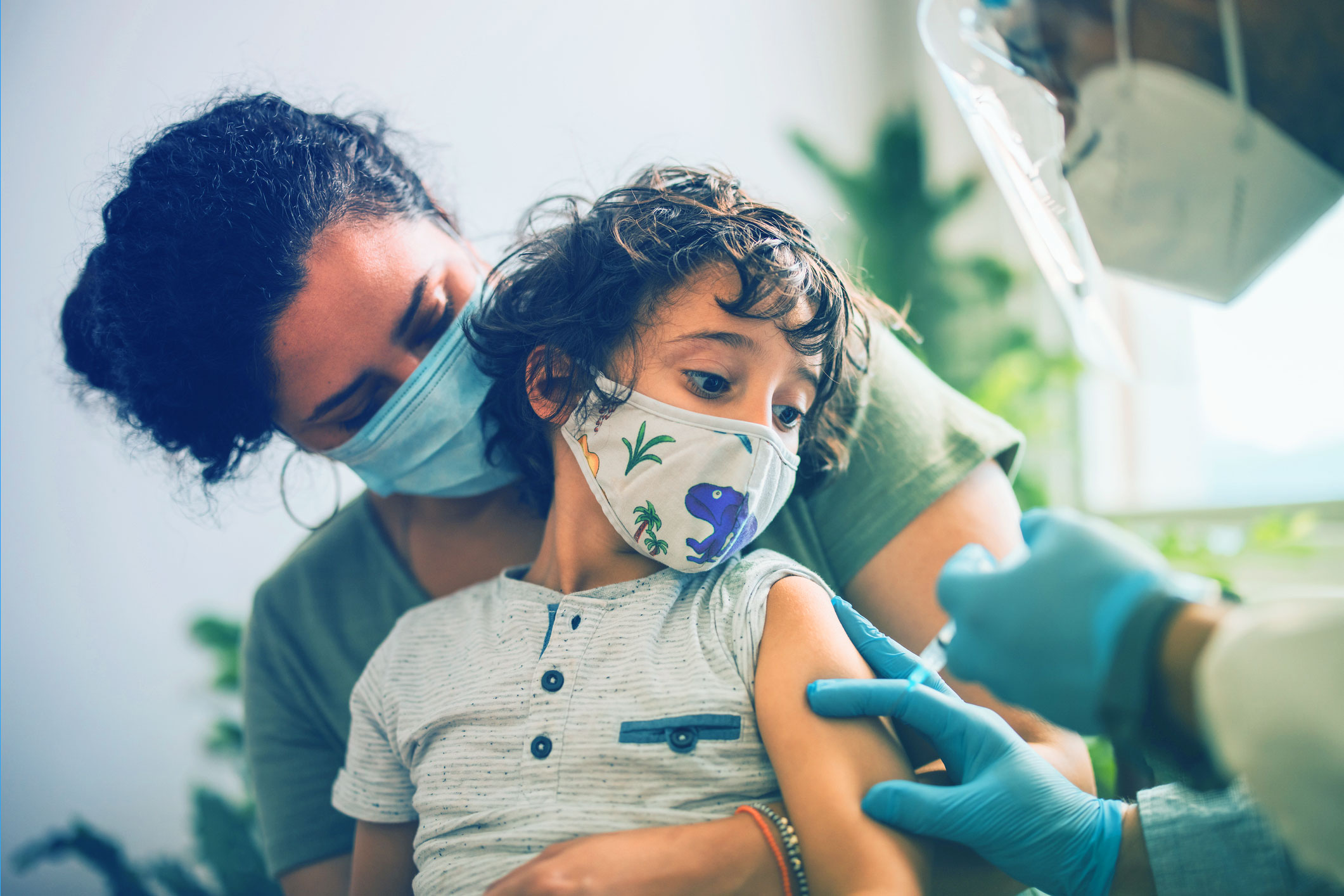Discounted Immunization Programs for Children
Most children qualify for one of the state’s discounted immunization programs. (See eligibility criteria within the program descriptions below.)
Please note: Although these programs provide vaccines at no cost, clinic administration fees may apply in accordance with the Wyoming Department of Health’s Immunization program guidelines.
Vaccines for Children (VFC) Program
The Vaccines for Children (VFC) Program is a federally funded program that provides vaccines at no cost to children who might not otherwise be vaccinated because of inability to pay. VFC-eligible children are those who are age 18 and under and are eligible for Medicaid, uninsured, American Indian/Alaskan Native, or underinsured.
Wyoming Vaccinates Important People (WYVIP) Program
The WyVIP Program was created after the enactment of the Childhood Immunization Act (2006) to provide an appropriation for vaccine for children who are not VFC-eligible. WyVIP-eligible children are those who are age 18 and under, are Wyoming residents, and do not qualify for the VFC program.
(Please note: The Influenza vaccine, Hepatitis A vaccine, meningococcal vaccine, and HPV vaccine are NOT available through the WyVIP program.)


Adult Immunizations
You may not realize it, but you need vaccines throughout your life!
Keeping your vaccinations up to date is important, as immunity from childhood vaccines can wear off over time, and you’re also at risk for different diseases as an adult.
Generally, all adults need:
- Yearly Influenza (flu) vaccine
- Td or Tdap vaccine
Based on your age, health conditions, job, lifestyle, or travel habits, the following vaccines may also be recommended:
- Hepatitis A
- Hepatitis B
- MMR
- Pneumococcal
- Varicella
- Shingles (for people age 50 and older)
- RSV
- Pre-Exposure Rabies
- Covid-19
Pregnant women should update their Tdap with each pregnancy, and all adults who anticipate close contact with a new baby should update their immunizations, as well.

International Travel Immunizations for Adults, Children and Adolescents
If you’re traveling internationally, we recommend scheduling a consultation with us at least 6 months before you go.
When we meet, we’ll discuss which vaccines are required/recommended (based on your destination), as well as share additional mitigation strategies you can take prior to traveling.
We offer the following vaccinations:
- Covid-19
- Hepatitis A
- Hepatitis B
- Meningococcal
- Polio
- Pre-Rabies Exposure
- Typhoid
- Yellow Fever
Information related to current health risks associated with international travel can be found at the Centers for Disease Control (CDC).
